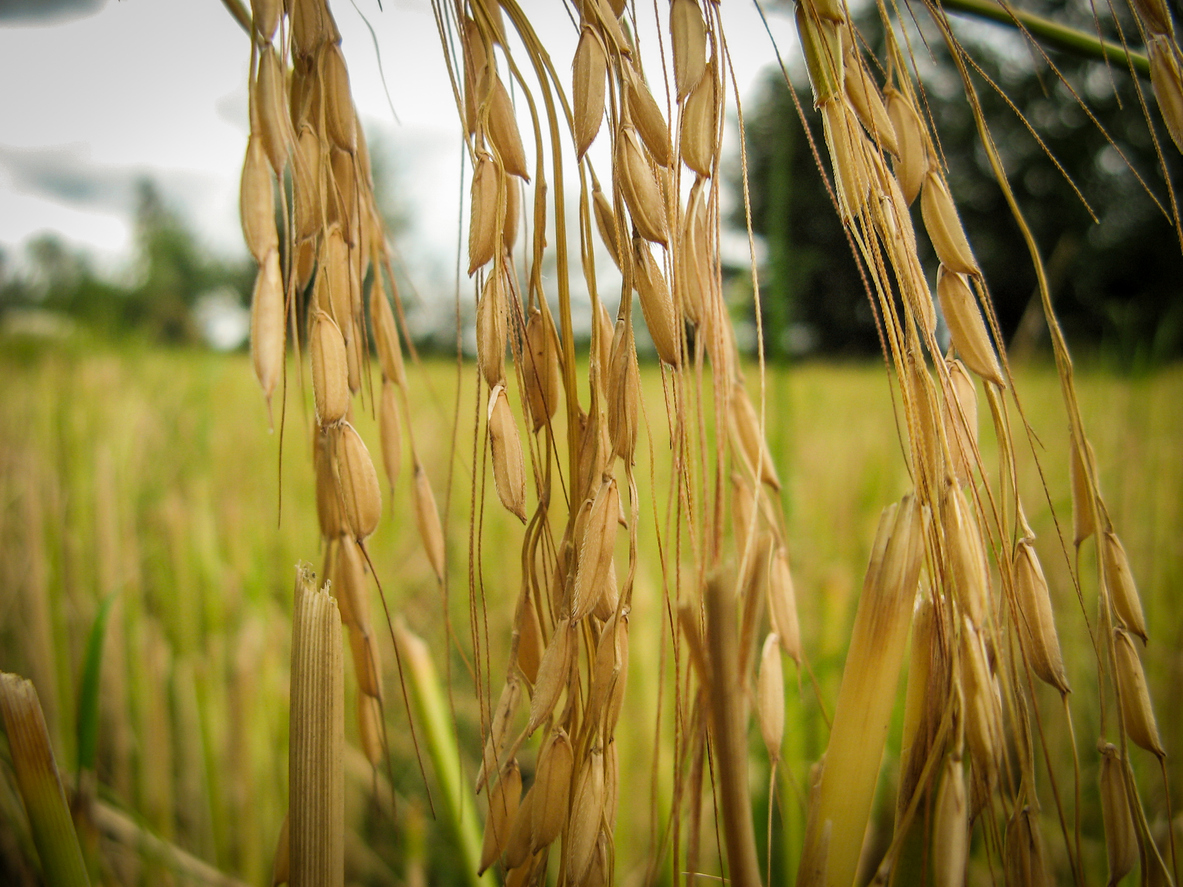
Iranian GM Rice Found to Contribute to Environmental Health
June 3, 2020| |
A team led by scientists in Iran found that genetically modified (GM) rice helped reduce negative environmental impacts and energy usage as compared to its conventional counterparts.
Researchers from the Agricultural Biotechnology Research Institute of Iran (ABRII) investigated how GM rice differed from its non-GM counterpart in terms of environmental emissions emanating from the application of chemical inputs. Using four GM lines and their non-GM parents as conventional cultivars, life cycle analysis was done using the average of separate analyses of low- and medium-lying cultivars in three isolated regions in northern Iran. There were no differences between the impact categories and indices in the three regions.
The analyses of GM cultivars exhibited less energy utilization, greenhouse gases' emission, and global warming potential as a result of decreased pesticide application. Heavy metals emitted in the air and soil by the GM cultivars were also observed to be less than those of its non-GM parents. By comparing GM rice with its non-GM counterparts, the scientists were able to determine that levels of environmental emissions are directly related to field management practices, particularly the application of inputs and the methods used.
The scientific article is published by the Arabian Journal of Geosciences.
| |
You might also like:
- Rice Genetically Engineered to Resist Extreme Heat also Produces Up to 20% More Grain
- Scientists Discover Gene that Improves Yield and Fertilizer Use Efficiency of Rice
- Salk Scientists Uncover Gene for Iron Tolerance in Plants
Biotech Updates is a weekly newsletter of ISAAA, a not-for-profit organization. It is distributed for free to over 22,000 subscribers worldwide to inform them about the key developments in biosciences, especially in biotechnology. Your support will help us in our mission to feed the world with knowledge. You can help by donating as little as $10.
-
See more articles:
-
News from Around the World
- Zambia to Release 2 Drought Tolerant Cowpea Varieties
- Genome Editing and Its Applications in Health and Agriculture
- Chile Serves as a Key Enabler for Global Plant Breeding Innovations
- Omega-3 Canola Oil to Help Reduce Overfishing
- Bt Brinjal Farmers Earned 21.7% More, Satisfied with Yield and Crop Quality
-
Research Highlights
- Plant Science Discovery Uncovers Ways to Improve Immune Responses
- Iranian GM Rice Found to Contribute to Environmental Health
-
Plant
- GA20ox-2 Targeted Mutation Produces Semi-dwarf Rice
-
Health
- Scientists Find Potential Targets for COVID-19 Vaccine
- First Results from Human COVID-19 Immunology Study Identify Universally Effective Antibodies
-
Read the latest: - Biotech Updates (December 17, 2025)
- Gene Editing Supplement (December 17, 2025)
- Gene Drive Supplement (February 22, 2023)
-
Subscribe to BU: - Share
- Tweet

